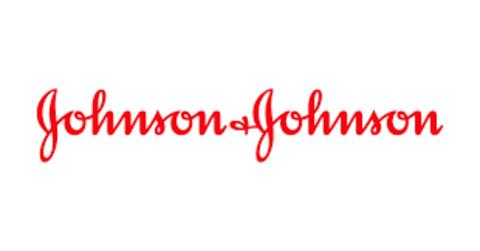TRENTON – Attorney General Gurbir S. Grewal announced today that Johnson & Johnson will pay the State more than $3 million as part of a multi-state settlement that resolves allegations Johnson & Johnson misrepresented the safety and effectiveness of a surgical mesh product marketed by its subsidiary Ethicon, Inc.
In addition to New Jersey, the settlement involves 40 other states and the District of Columbia. The participating jurisdictions are dividing a total settlement payment by Johnson & Johnson of $116.9 million.
The investigation that led to the settlement centered on allegations Johnson & Johnson violated state consumer protection laws by making misleading claims about, and failing to disclose the risks associated with, a surgical mesh product used to treat women who suffer from conditions known as stress urinary incontinence and pelvic organ prolapse.
“All manufacturers and sellers of healthcare products have duties to avoid making unfounded or misleading claims, and to make required disclosures about the risks,” said Attorney General Grewal. “When they fail to meet their obligations, we will step in to protect New Jersey consumers and to hold the companies accountable.”
Stress urinary incontinence and/or pelvic organ prolapse occur when the pelvic musculature becomes weakened -- often in the aftermath of childbirth or surgery -- causing the pelvic organs to become displaced and causing discomfort, as well as other problems. In cases where treatment involves use of surgical mesh, the mesh product is implanted transvaginally to support weakened pelvic organs. The participating states alleged that Johnson & Johnson knew women who underwent such implants could potentially experience complications, but did not fully provide that information to consumers, or to surgeons who implanted the mesh.
Potential complications include erosion of the mesh material, chronic pain, painful sexual relations and the possibility of a “foreign body” response to the mesh, resulting in chronic inflammation and hardening of the implant inside the body.
In addition to the settlement payout, Johnson & Johnson and its subsidiary, Ethicon, have agreed to make a number of changes in how they market surgical mesh products and inform healthcare providers and consumers of the risks.
For example, Ethicon must revise the content of the Information for Use package inserts that accompany its surgical mesh.
The updated language must include a reference to the risk that “revision surgeries” may be needed to treat complications arising from an implant. The disclaimer also must contain language explaining that revision surgeries may not resolve complications, and that revision surgeries themselves are associated with a risk of adverse reactions.
Ethicon also must:
• Include in any promotional materials directed to consumers the same risk information contained in the “Information for Use” package inserts, and state the risk information in language that is understandable to the consumer.
• Refrain from making claims in the promotion of its mesh product that are inconsistent with, or which contradict, information contained in the “Information for Use” package inserts – including risk information.
• Refrain from suggesting in its promotional materials that risks associated with mesh can be eliminated via surgical experience or technique alone, unless supported by valid scientific evidence.
• Ensure that, in training healthcare providers about its surgical mesh, the company informs those providers about all risks discussed in the applicable “Information for Use” package inserts.
Under the agreement, Ethicon must comply with the injunctive terms for a five-year period, although revisions to its “Information for Use” package inserts are subject to review by the federal Food and Drug Administration (FDA). Given the FDA review requirement, the company has been given 24 months to revise its “Information for Use” package inserts.
Deputy Attorney General and Assistant Section Chief Patricia Schiripo, of the Division of Law’s Consumer Fraud Prosecution Section, handled the Johnson & Johnson matter on behalf of the State.
